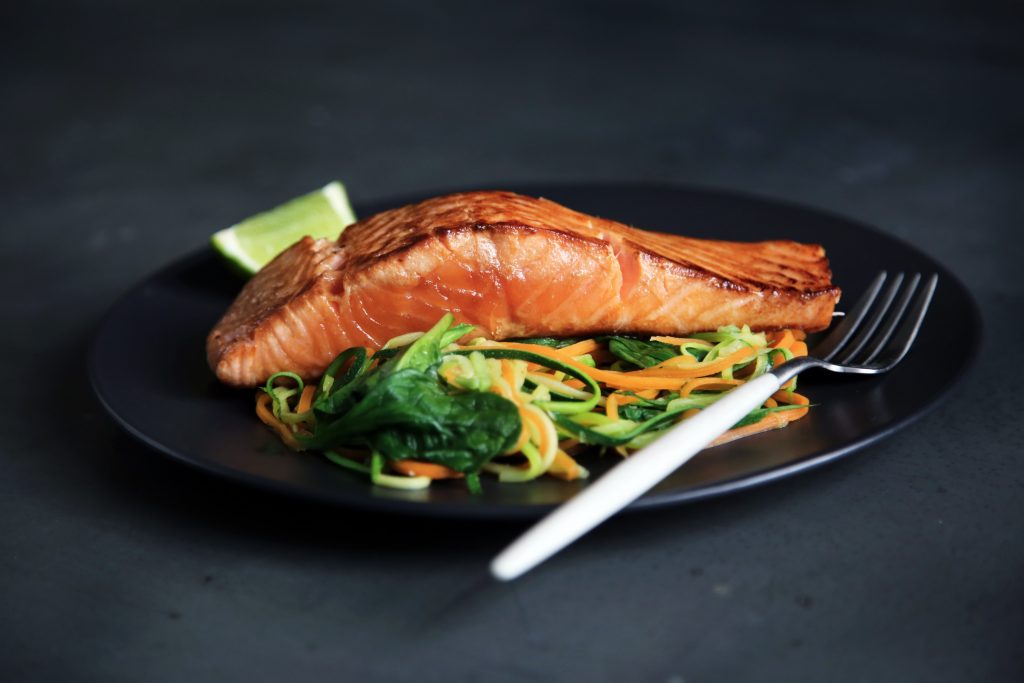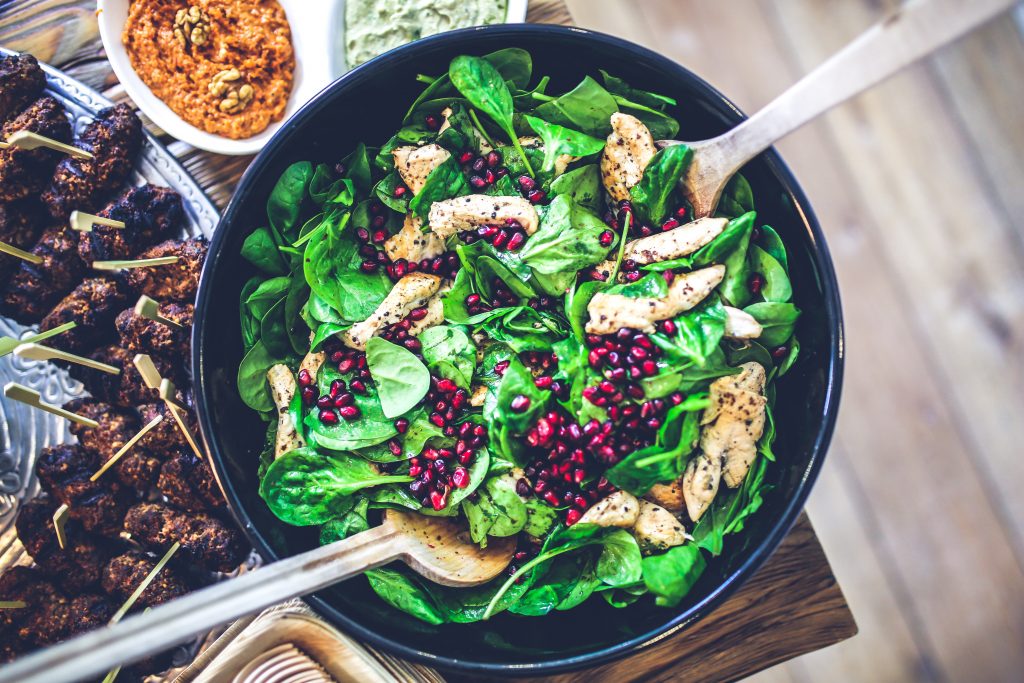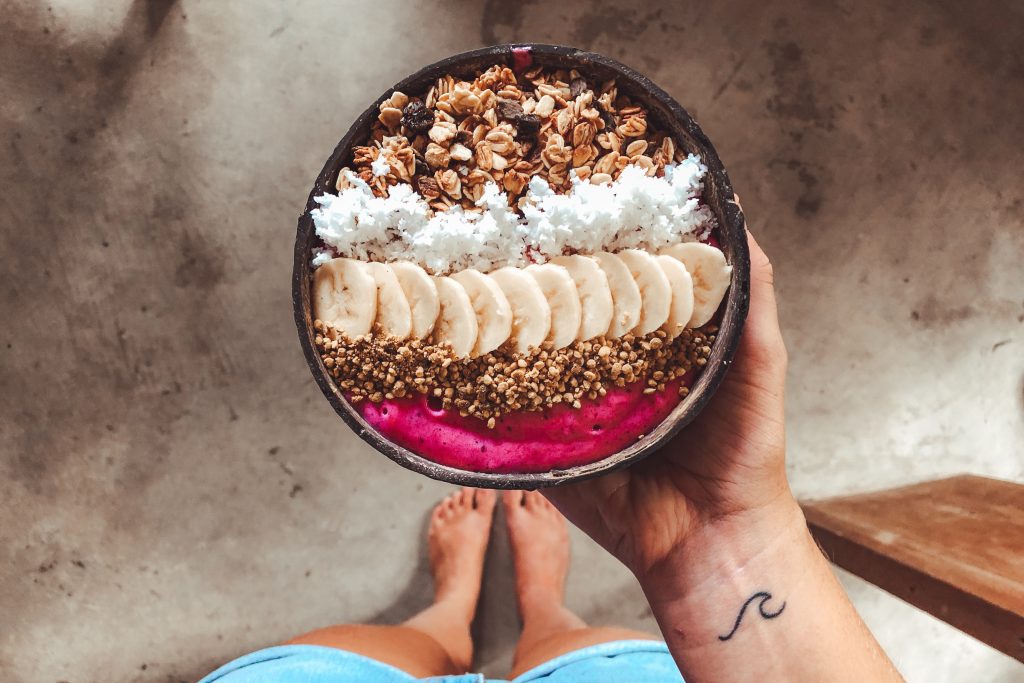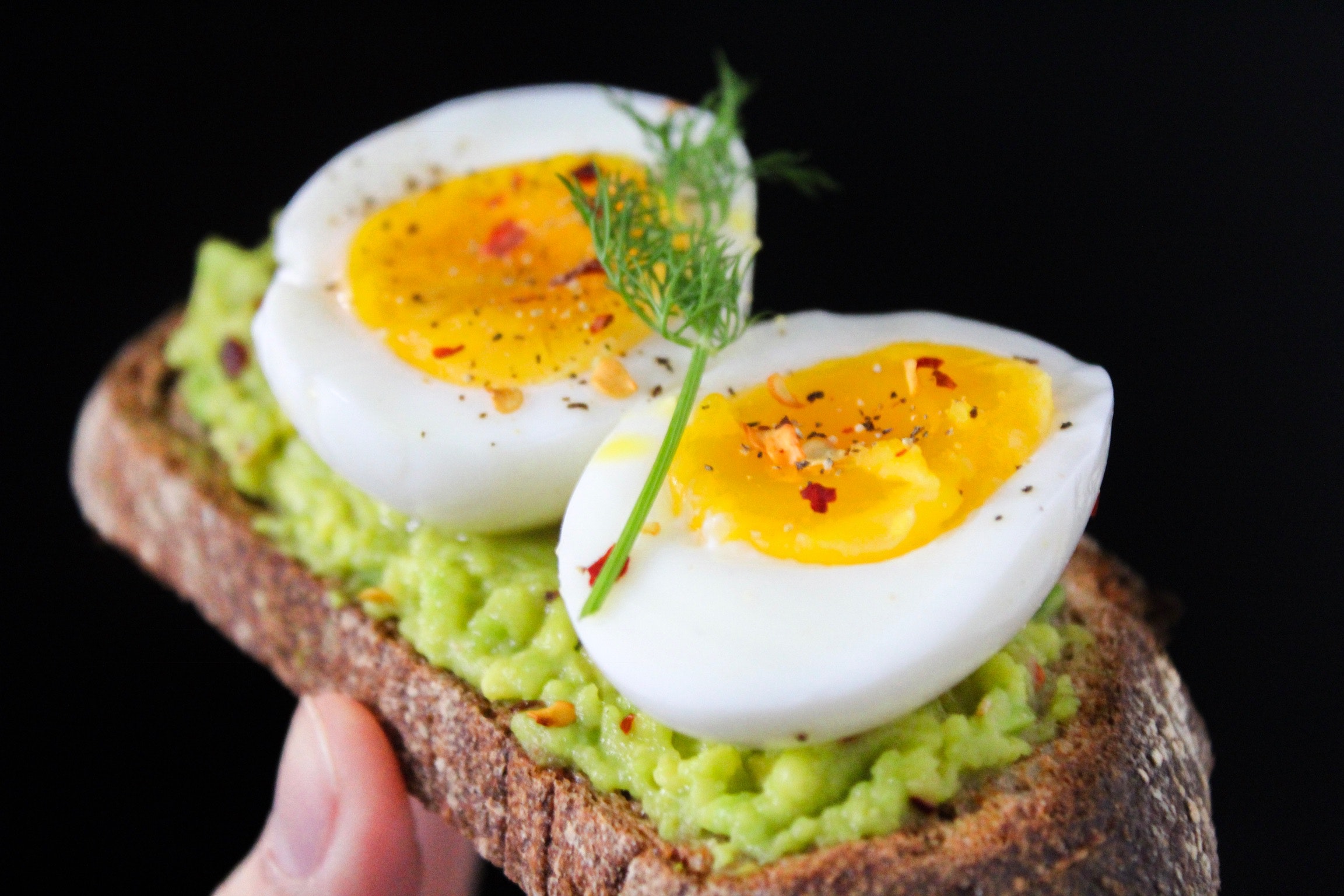Our bodies need the right types of food and the proper nutrients to function well and feel the best we can, not just physically, but also mentally. With a well-chosen diet, we don’t just strengthen our bodies, but also, fortify our minds.
On the other hand, a poor diet can be detrimental to mental health. What you eat impacts your entire system, including the brain. By interacting with the brain, a poor diet may impair brain function and worsen emotional conditions. Because of this, diet plays a role in most mental health disorders. Make sure you’re making the right choices for your mental health by seeing how dietary choices affect ADHD, anxiety, depression, and OCD.
ADHD

People with attention deficit hyperactivity disorder may want to put extra consideration into what they eat. Certain foods can actually shrink the decision-making parts of the brain. So, if you’re eating the wrong things, a poor diet can cause you to be distracted, impulsive, and restless. For someone with ADHD, it’s important to avoid foods that aggravate symptoms. With smart dietary choices, conditions can actually improve. Manage your diet with these tips and you may have an easier time managing ADHD.
People with ADHD can benefit the most from getting plenty of protein into their diet. Protein can help to prevent surges in blood sugar, which increase instances of hyperactivity. To maximize alertness, skip on the waffles and instead go with a plate of eggs and bacon. A healthy, high-protein breakfast will improve ADHD symptoms throughout the day. Other healthy choices that are recommended for everyone should also be implemented in an ADHD-focused diet, including avoiding junk food and foods with too much sugar. Someone with ADHD can find relief from symptoms with most healthy and sensible diets.
Of course, as I mention in my book, The ADHD Lifestyle Series, for people with ADHD balancing a diet is significantly more valuable than adding or cutting particular elements. In many ways, regardless of how healthy or unhealthy certain foods may be, they won’t cause or cure ADHD. A bit of sugar here and there won’t hurt, but it’s worth keeping a healthy and well scheduled diet for the many other health benefits that such things offer. With improved general health, managing your mental health becomes that much easier! And to that end, a balanced diet can relieve any of the physical or mental stress that comes from dietary concerns, which in turn can alleviate some of your mental tax when it comes to ADHD.
Anxiety

We all feel anxious sometimes. Maybe this anxiety comes with anticipation of a big presentation or interview or with the adjustment to a major change like a move to a new city. For some people though, anxiety isn’t experienced only in relation to a big event, but can actually be a daily struggle. It can take many different adjustments to manage these anxiety disorders, from behavior modification to exercise and diet. Certain foods can make anxiety worse, but the right food choices will help you feel better and calmer.
For those that struggle with an anxiety disorder, it’s important to avoid foods that could trigger feelings of anxiety. The caffeine in coffee and soda can leave an anxious person with both a racing heart and thoughts. Energy drinks in particular should be avoided, as these often increase anxiety levels. You should also make sure to stick with whole-wheat, as white flour can cause blood sugar surges. Overall, processed foods and sugary or fried junk food don’t help anyone to feel their best in the long term. With more balanced meals and a highly-nutritious diet, anxiety may actually be reduced.
Depression

A poor diet may also increase depression, as lacking healthy meals negatively affects mood. Many people with depression also lack the energy or motivation to concentrate on improving what they eat, which can make it harder to get out of the situation. If nothing changes, a depressed person will continue a poor diet that only makes it harder to find improvement.
With steps toward a healthier diet, many people with depression see an improvement in their condition. Sugary soft drinks can lead to energy crashes after the effects of the sugar wears off, but even diet sodas can contribute to a depressed state. And, of course, while alcohol may make you feel better for a moment, the substance only makes depression worse and harder to break free from. Improve your mood by drinking plenty of water. Junk food like fried food and sweets will also only make you feel worse. Because nutritional deficiencies can make depression worse, you want to be certain you’re getting all your nutrients. A healthy diet should include whole grains, vegetables, fruits, lean meat, low-fat dairy products, and lots of variety.
OCD

Obsessive compulsive disorder is a type of anxiety disorder, where the anxiety manifests in obsessive thoughts and compulsive behaviors. Because it’s a form of anxiety, the foods that have an effect do so in the same way as for any other anxious person. So, someone with OCD may take the same measures in approaching a healthy diet. This means avoiding junk foods, caffeine, and alcohol as well as sticking to whole wheat and fruits and vegetables rich in nutrients and vitamins.
While maintaining a healthy diet is important for everyone, however, people with OCD need to be careful about paying too much attention to what they eat. While not the case for everyone with this condition, some people can develop anxiety over what they eat. Someone whose obsessive compulsive disorder relates to food might spend a long time checking labels and otherwise researching their food, and refuse to eat anything that they are uncertain of. While a healthy diet can help mental health, this obsession is an unhealthy symptom of OCD for some people.
Healthy Choices for Improved Mental Health

We should all be aware of how diet affects us, both physically and mentally. While eating unhealthy will negatively impact our mental health, we can always turn things around by making smart choices. When you enjoy meals full of nutrients that are right for your specific mental health situation, you can see massive improvements.
Food, while a balm for the spirit and a quick cure for midday peckishness, is not a suitable replacement for mental healthcare. The majority of mental health concerns may be exacerbated by the shifts in mood that come from an improper diet, but even with the healthiest and most regular diet, it’s a good idea to speak with a mental health professional if you have concerns. Still, a good diet can do wonders for the body and mind, and the clarity offered in those regards may significantly improve your efforts to move towards a better relationship with your mental health.
Learn more about the right type of diet for your condition and other ways to manage mental health conditions with professional help. We specialize in ADHD, but can also help with other mental health concerns. ADHD Wellness Center is here to help! Give us a call if you have any questions about mental wellness!
How to Get an Official ADHD Diagnosis

Almost five percent of Americans have ADHD, with numbers varying…


